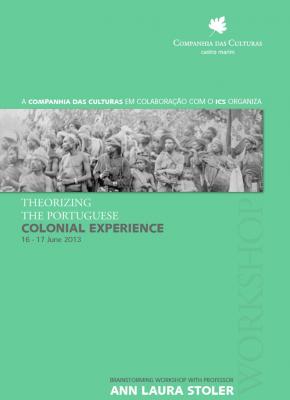
This closed workshop is designed as an informal brainstorming meeting in dialogue with the work of Professor Ann Laura Stoler, under the following common, general, issues: What are the mutual interferences, tensions, productivities, silences, ignorances, gaps, influences between the empirical and conceptual specificities of studying the Portuguese empire, and the wider international literature on the colonial and post-colonial? How, in short, does the study of the Portuguese colonial experience interfere with old and emerging theories of colonialism and post-colonialism?
OR
Este Workshop fechado está desenhado para promover o diálogo em torno ao trabalho de Ann Laura Stoler, em relação com as interferências, tensões, fissuras e influências existentes entre o trabalho empírico e as especificidades conceptuais do estudo do Império Português, e a bibliografia internacional sobre o colonial e o pós-colonial.
Entrada Livre sujeita a inscrição. Infos: Ricardo Roque <ricardo.roque@ics.ul.pt>
PROGRAMME
SUNDAY, JUNE 16, 2013
AFTERNOON
13h45 – Welcome
Eglantina Monteiro / Cristiana Bastos, Ricardo Roque, Manuela Ribeiro Sanches
14h00 - 14h45
The uses of the archive: some thoughts on colonial images and postcolonial melancholia.
Manuela Ribeiro Sanches (CEC-FLUL)
14h45 - 15h30
Empire cinema: disruptive colonial representations through Estado Novo films.
Carmo Piçarra (ICS-UL/ISCTE)
15h30 - 15h45 – Coffee Break
15h45 - 16h30
Beauty pageants and imperial power: intimacy and sexuality in the late Portuguese Empire.
Marcos Cardão (CEHC-IUL)
16h30 - 17h15
Art History, Postcolonial Theory and ‘Lusophone’ Contemporary Art.
Ana Balona de Oliveira (CEC-FLUL/IHA-FCSH-UNL)
20h00 – Dinner at Companhia das Culturas
AFTER DINNER EVENT:
Contemporary films by Filipa César and Daniel Barroca, O importante é ligar a cabeça à mão /’The important is to link the head to the hand´, vídeo e desenho
2008-2011
Filipa César, Cacheu, vídeo 10’
Selected and presented by Eglantina Monteiro and Nuno Faria
DAY 2: MONDAY, JUNE 17
MORNING
11h00 - 11h45
Were Portuguese citizens all those who were born in Portuguese territory? Fluid narratives on imperial citizenship.
Cristina Nogueira da Silva (FD-UNL)
11h45 - 12h30
Luso-tropical horrors: vulnerability, savagery, and the Portuguese in Timor.
Ricardo Roque (ICS-UL/University of Sydney)
12h30 -14h00 - Lunch
14h00 - 14h45
Bringing them in while keeping them out: colonial medicine, indigenous subjects and local agents.
Cristiana Bastos (ICS-UL)
Final comments & discussion: Ann Laura Stoler (New School for Social Research)
END OF WORKSHOP
companhia das culturas - uma casa rural de charme
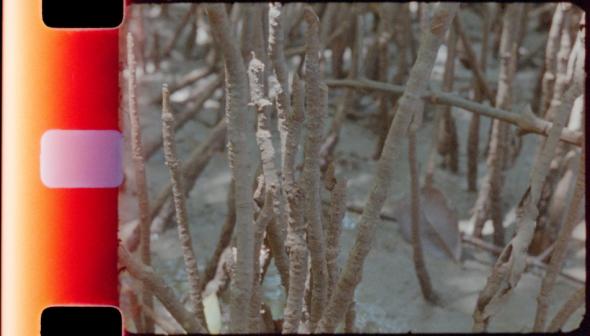
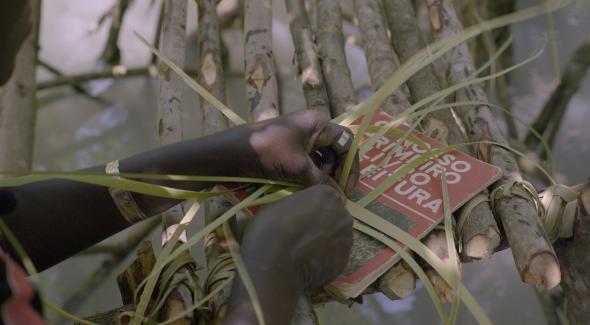
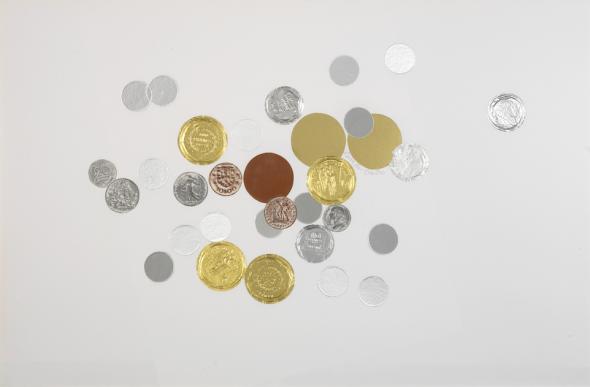
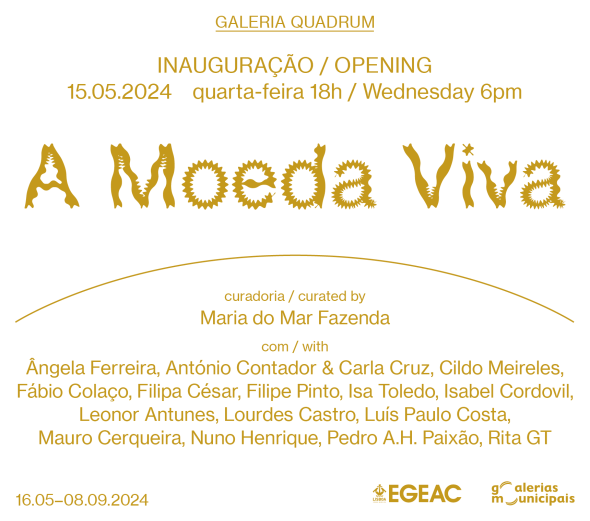
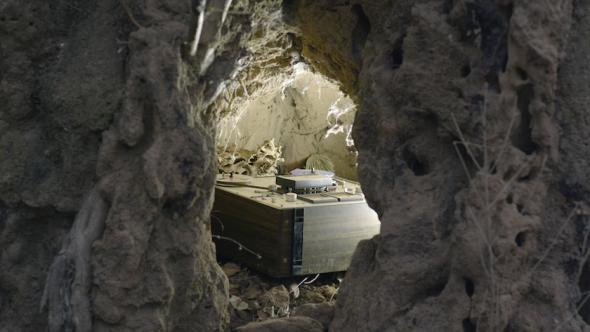
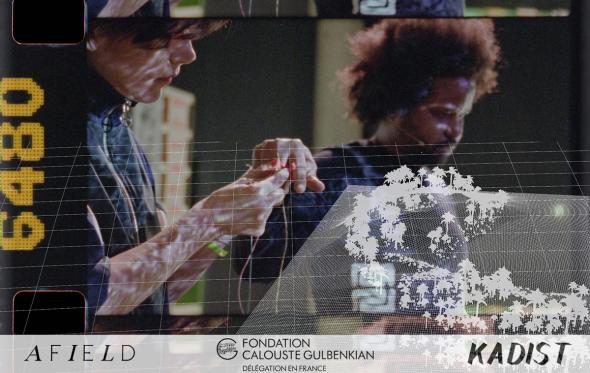
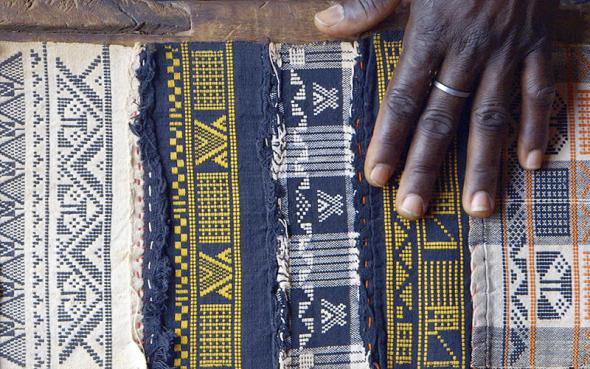
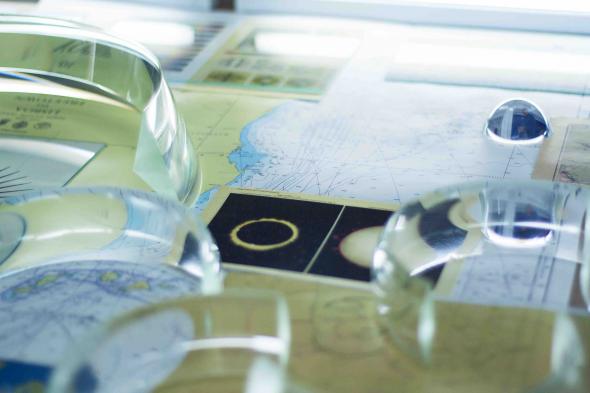

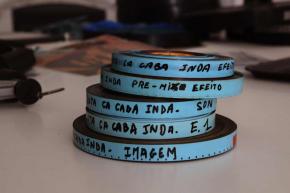 This contribution introduces the human, material and economic background of Luta ca caba inda, a collective research project that addresses the possibilities of accessing and performing images and sounds from an eroded Guinean audio visual archive – a collection resulting from the liberation struggle against Portuguese colonialism in the 60’s and 70’s and its alliances to international solidarity movements. The creole title Luta ca caba inda, derives from an unfinished film that is part of this assemblage. This sentence, that translates into English as ‘the struggle is not over yet’ cursed the accomplishing potency of that film, of the struggle and of this project.
This contribution introduces the human, material and economic background of Luta ca caba inda, a collective research project that addresses the possibilities of accessing and performing images and sounds from an eroded Guinean audio visual archive – a collection resulting from the liberation struggle against Portuguese colonialism in the 60’s and 70’s and its alliances to international solidarity movements. The creole title Luta ca caba inda, derives from an unfinished film that is part of this assemblage. This sentence, that translates into English as ‘the struggle is not over yet’ cursed the accomplishing potency of that film, of the struggle and of this project.
